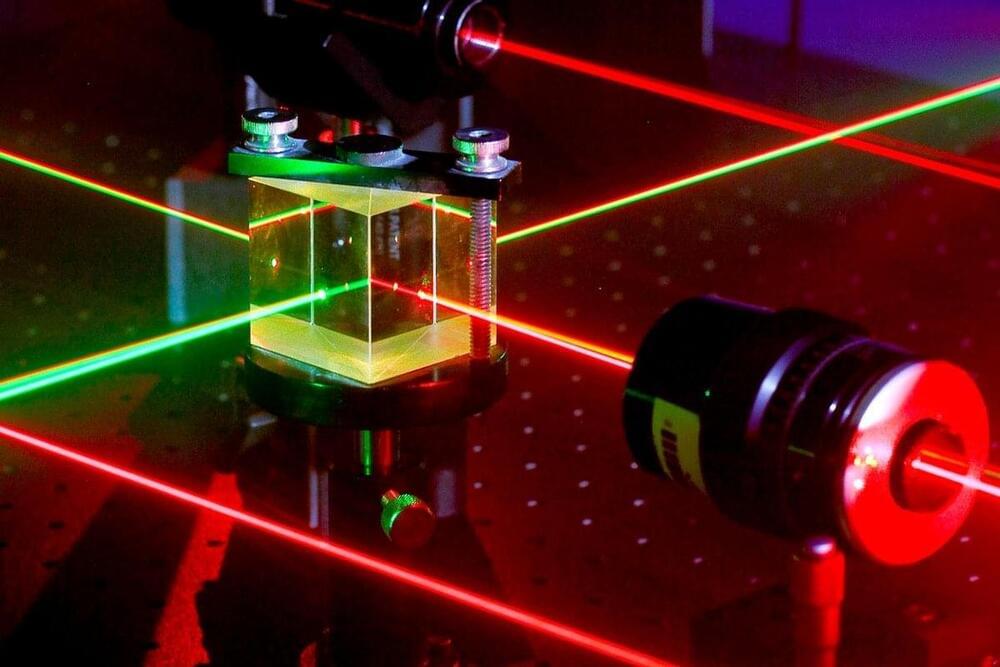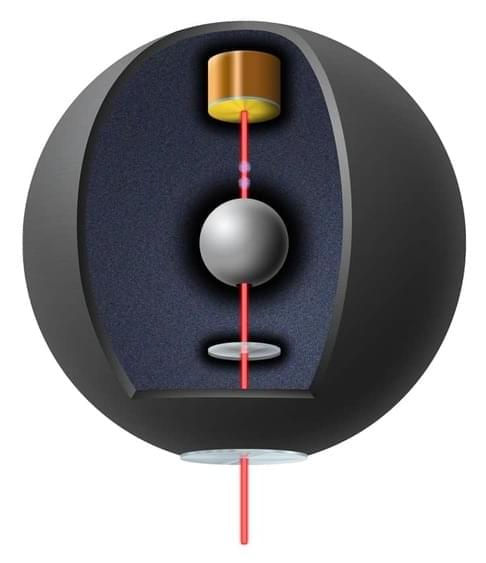My eBook and Training Program: https://www.thebioneer.com/product/superfunctional/
My physical book: https://www.thebioneer.com/product/functional-training-and-beyond/
The full post: https://www.thebioneer.com/future-of-fitness-2/(opens in a new tab)
This post explores the possible future of health and fitness! I made this into a pseudo-science-fiction narrative, just for the fun of it! This is, however, all just my own opinion and speculation! Very biased, and just a bit of fun.
Also, I’m not saying even I think all of this *will* happen… But most of it could!
A few of the predictions for the future of health and fitness, as discussed here:









